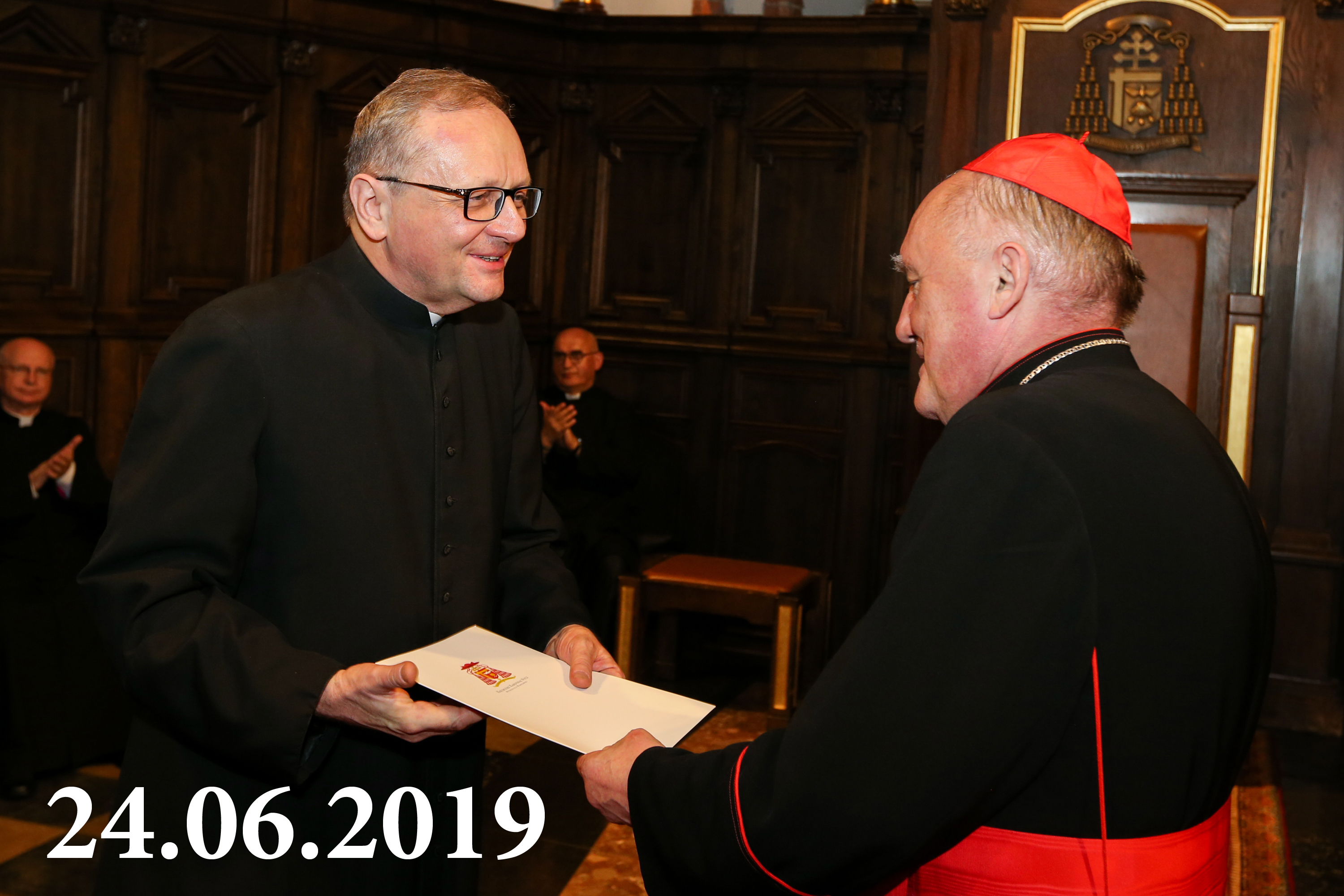Rev. Bolesław Szewc
The method and the language of Rev. Prof. Tadeusz Dajczer’s spiritual writings
The summary
Key words: Dajczer, spiritual life, language, symbol, metaphor;
The incomprehension caused many unpleasantness in the history of the Church. Many times incomprehension concerns the spiritual life when somebody does not distinguish a statement about spiritual life from dogmatic ones. So the meaning of the spiritual authors’ works needs better understanding. This includes the spiritual works of Rev. Prof. Tadeusz Dajczer.
There are essential differences between works of theologians and writings of spiritual authors. Revelation of God is the formal subject matter of theology whilst human spiritual experience is the focus of spiritual authors. It concerns our relationship with God in the realm of thinking and in the domain of our will.
Spiritual authors, including Rev. Prof. T. Dajczer, bring about some noncognitive aims which is opposite to theologians’ activity. The most important noncognitive aims are the following: expounding the path to God, bringing consolation and encouraging, inspiring to assume spiritual attitudes of contrition, trust, perseverance, longanimity etc. Attracting the readers to God is an important goal of the spiritual authors. When a text realizes these aims we say about the didactic function of the language. Sometimes alone expressing the spiritual experience is their aim.
Rev. Prof. T. Dajczer and other spiritual authors use metaphors and symbolic language because at times, the spiritual experience is not expressible directly. This kind of means is also necessary to bring about the didactic function of their language. Therefore in their writings one can find similarities, symbolic expressions, antithetic and hyperbolic terms, special terms (synthetical abbreviations), rhetorical exaggeration etc.
If we realize that writings of Rev. Prof. T. Dajczer are not to expound theology but they say about spiritual life, we can discover their brilliance, so as for example Rev. István Katona (the Hungarian editor of the Meditations on the Eucharist by T. Dajczer) did.




